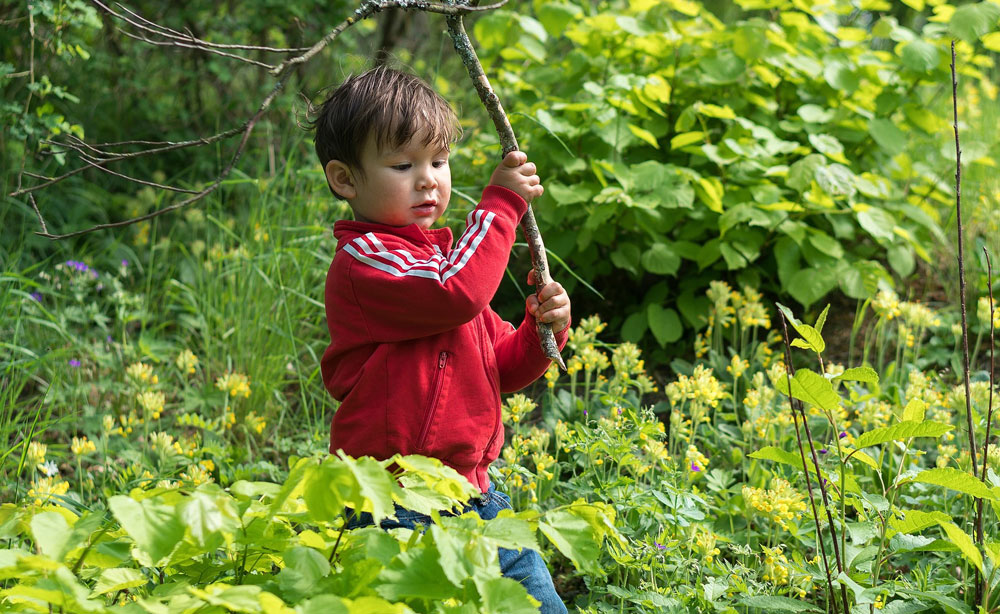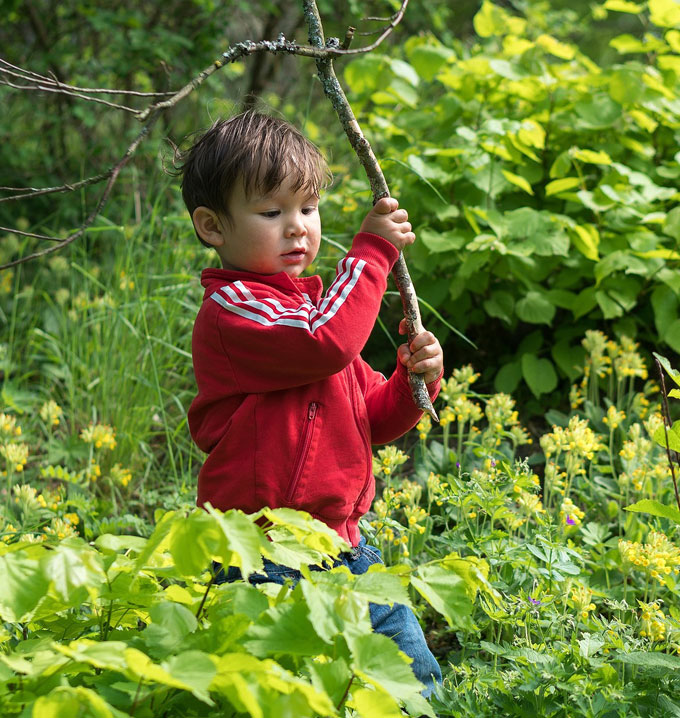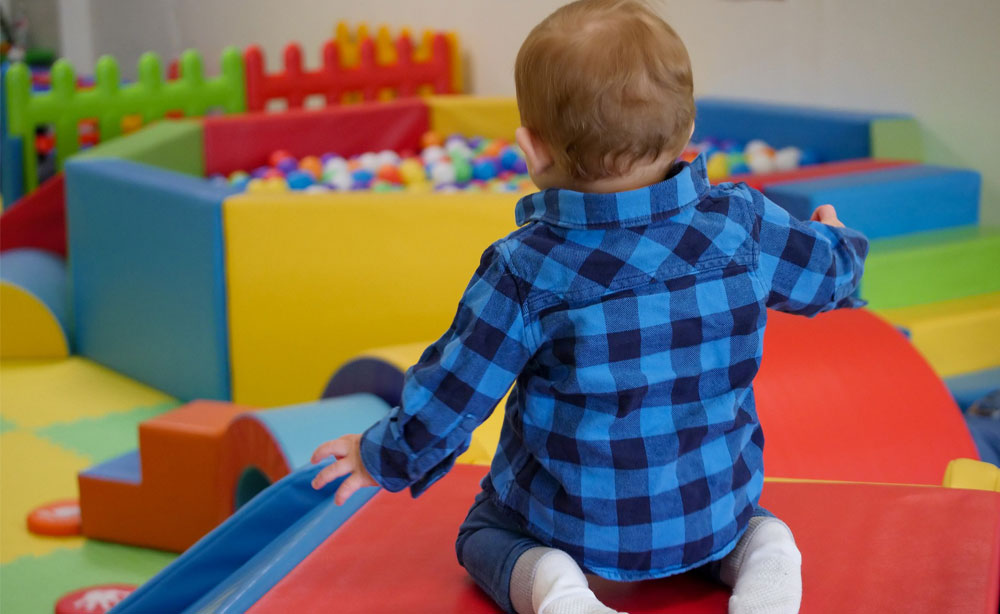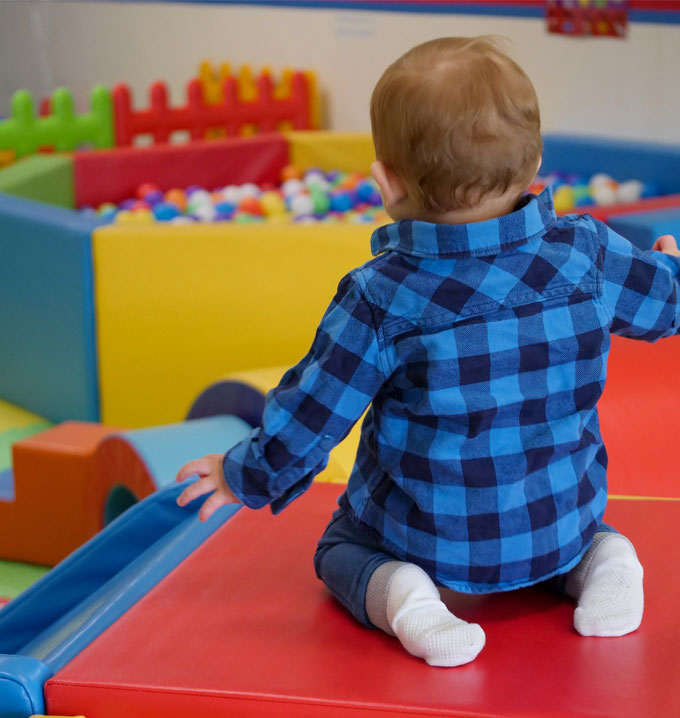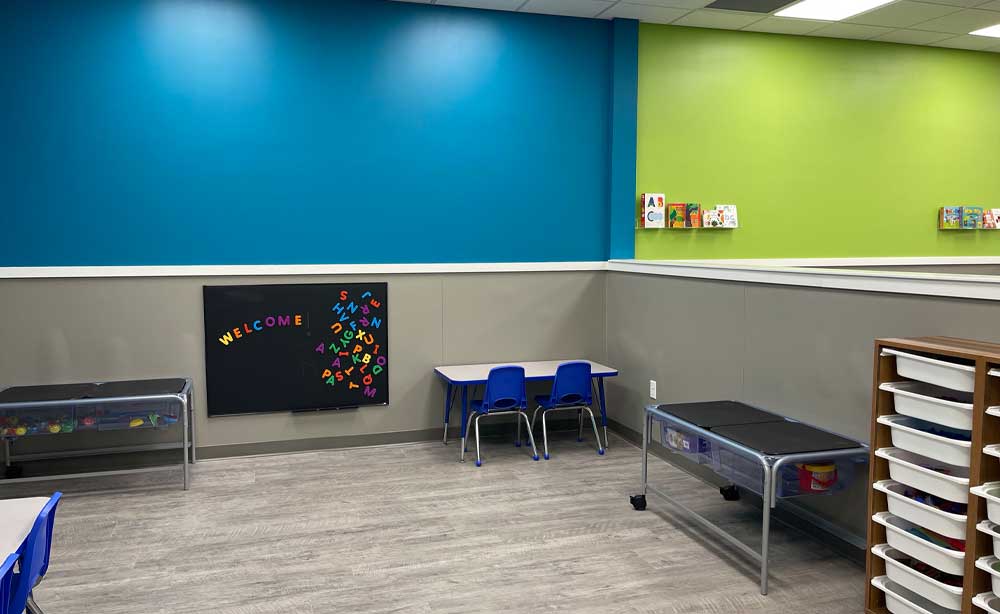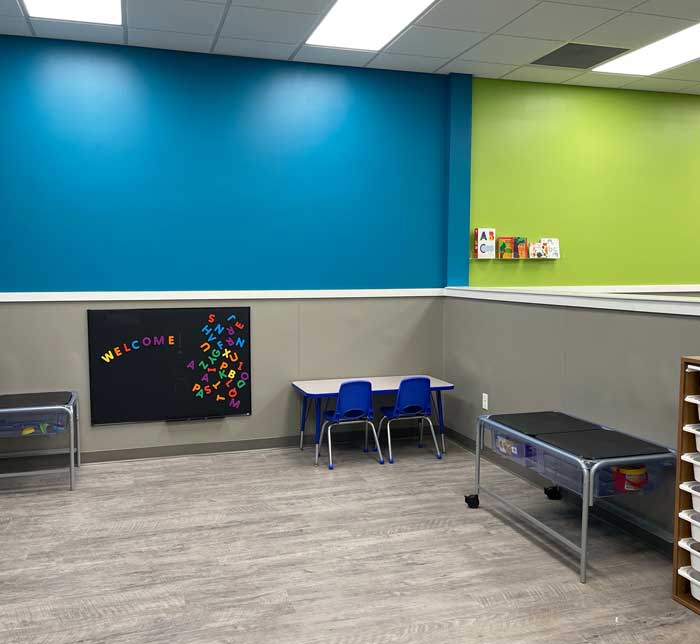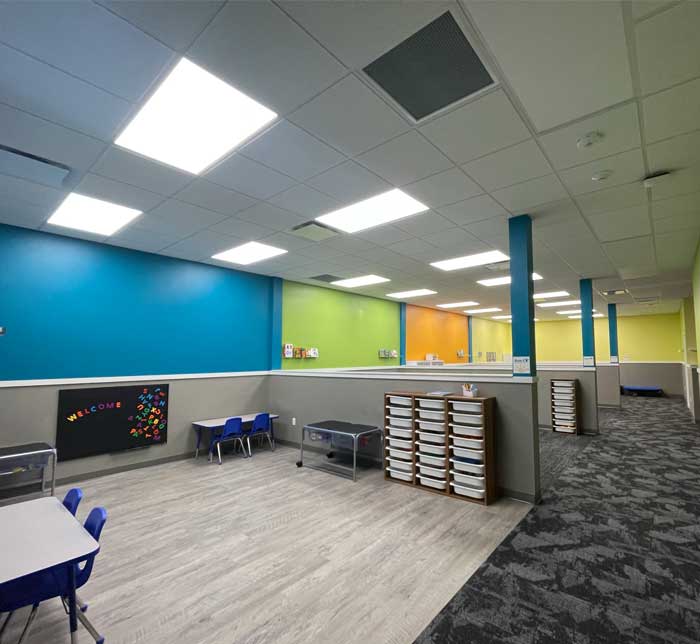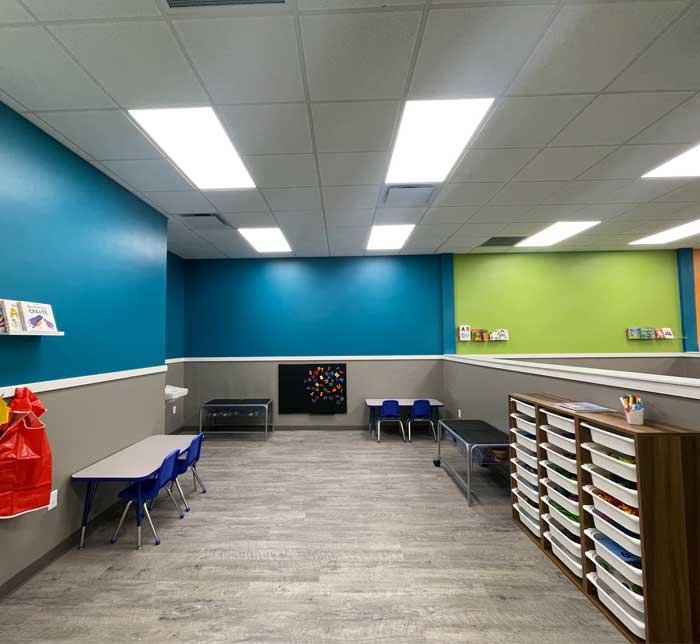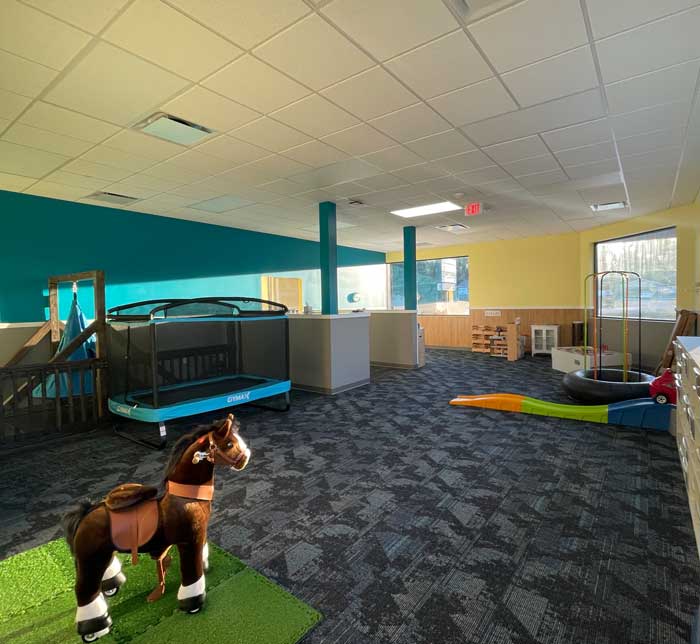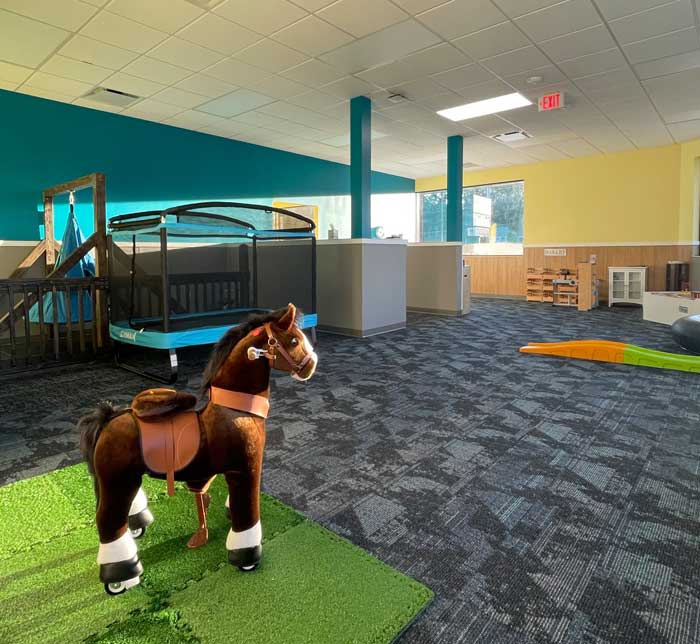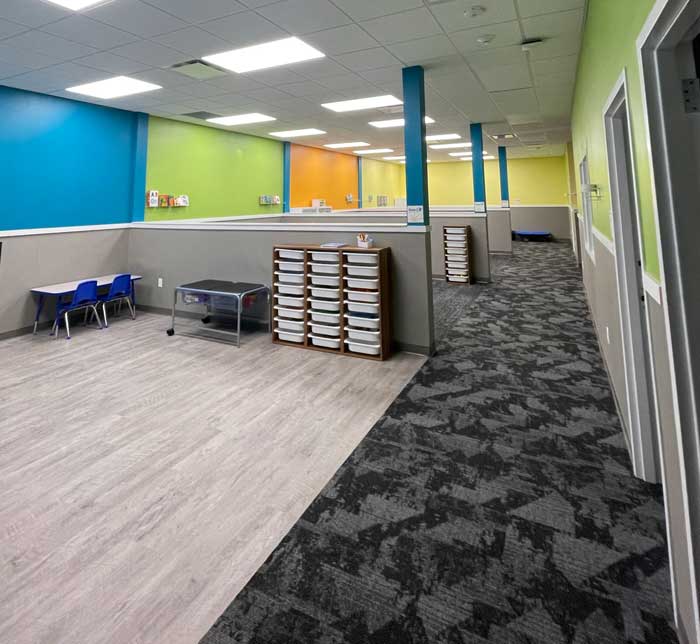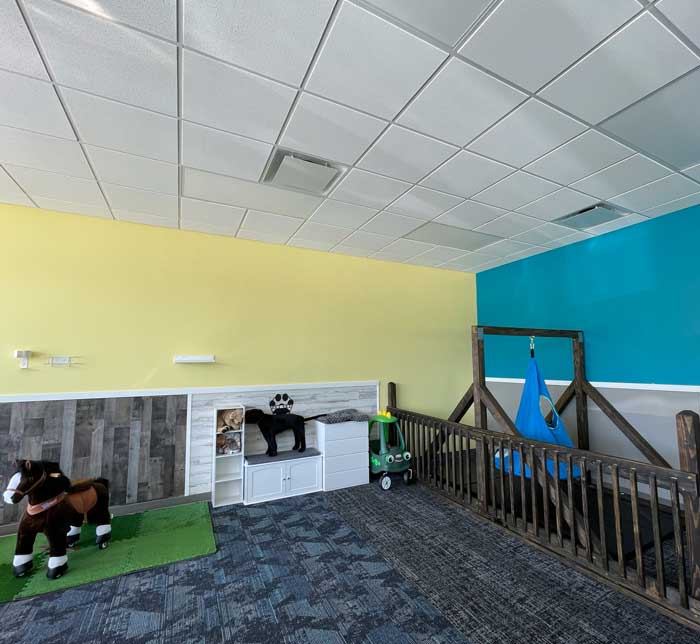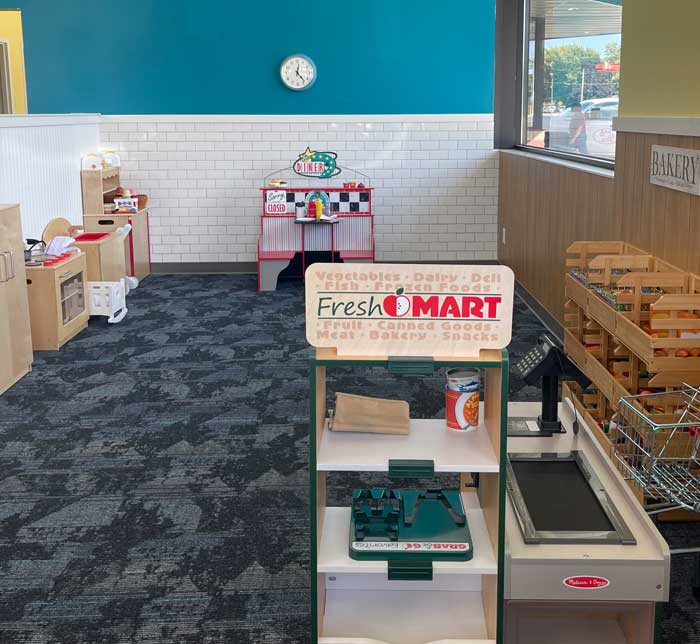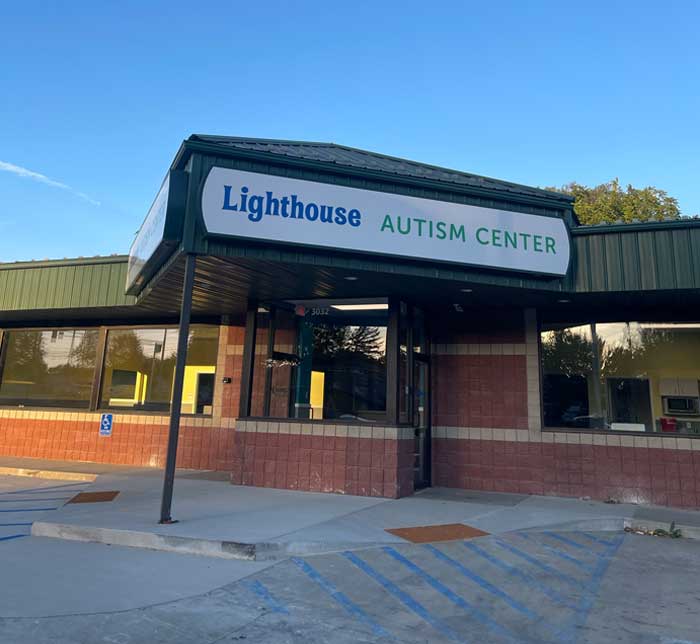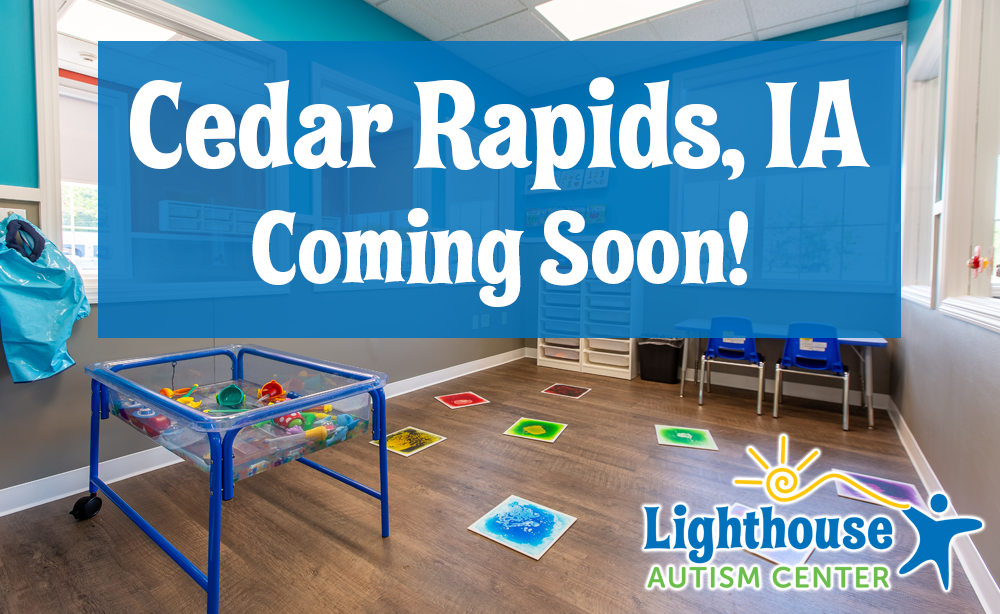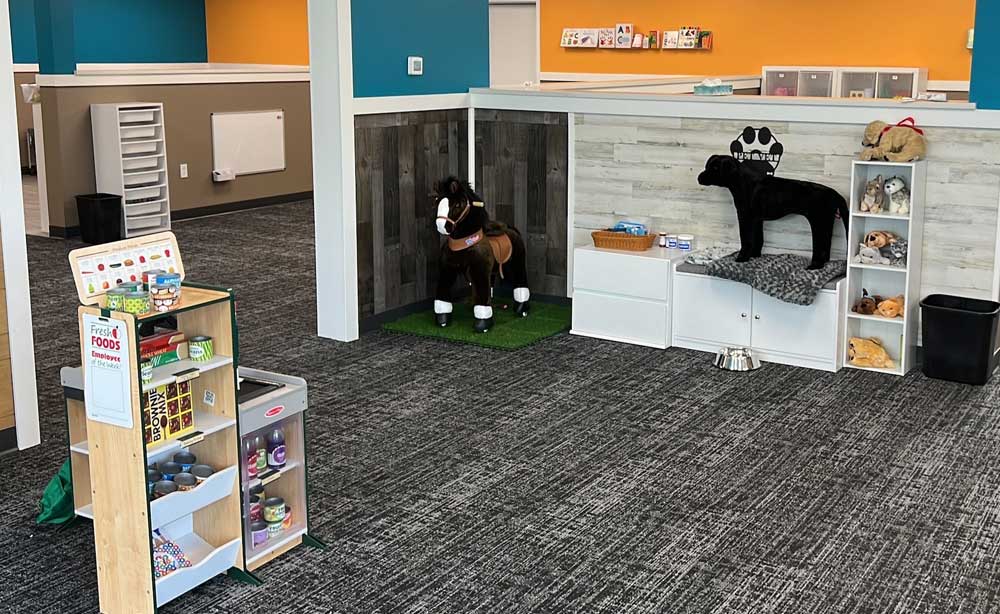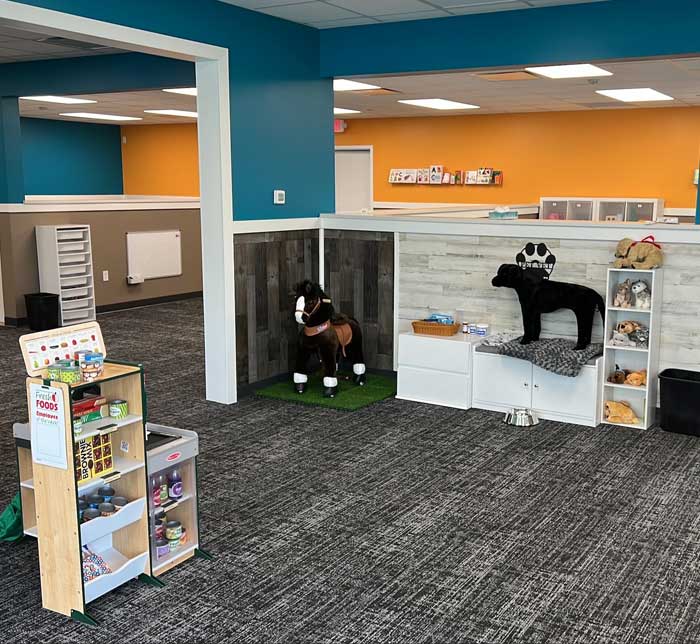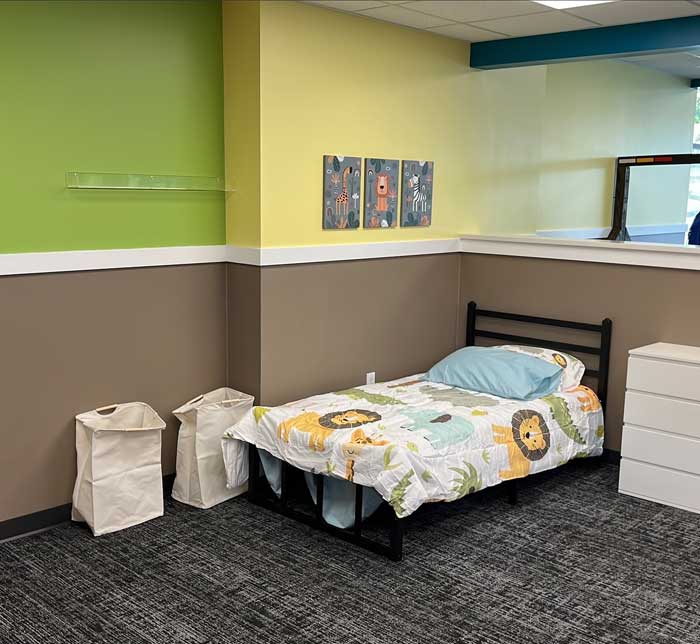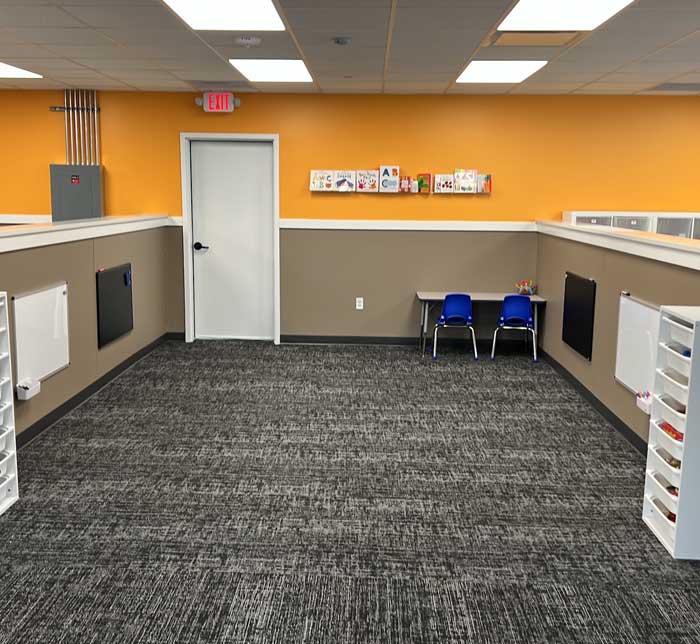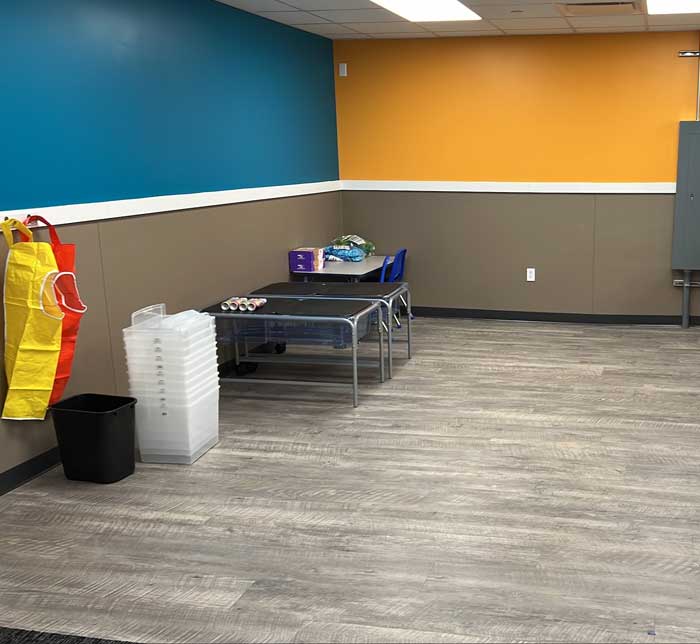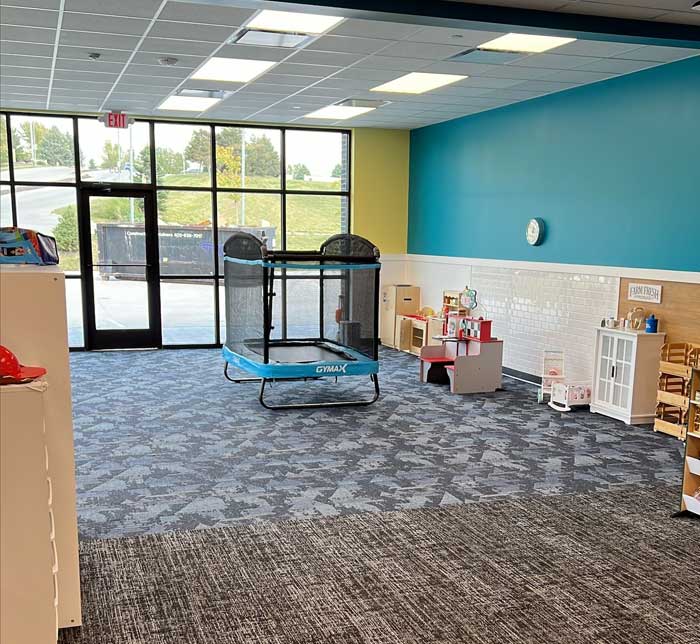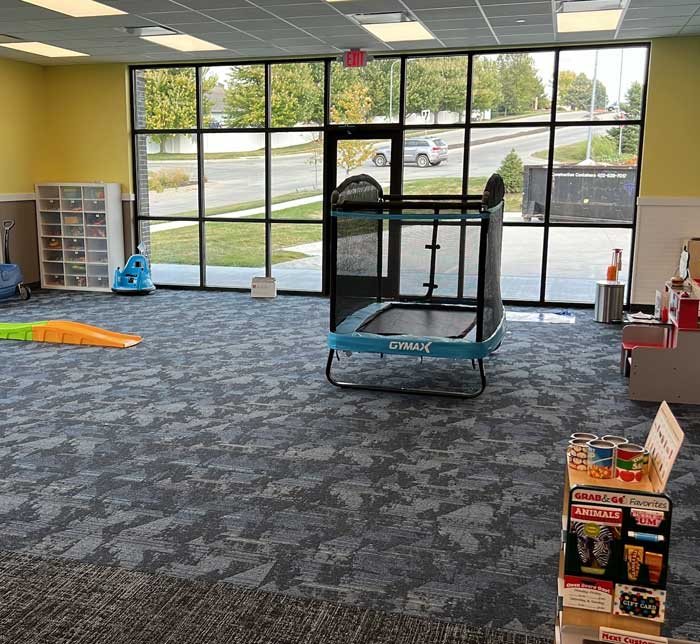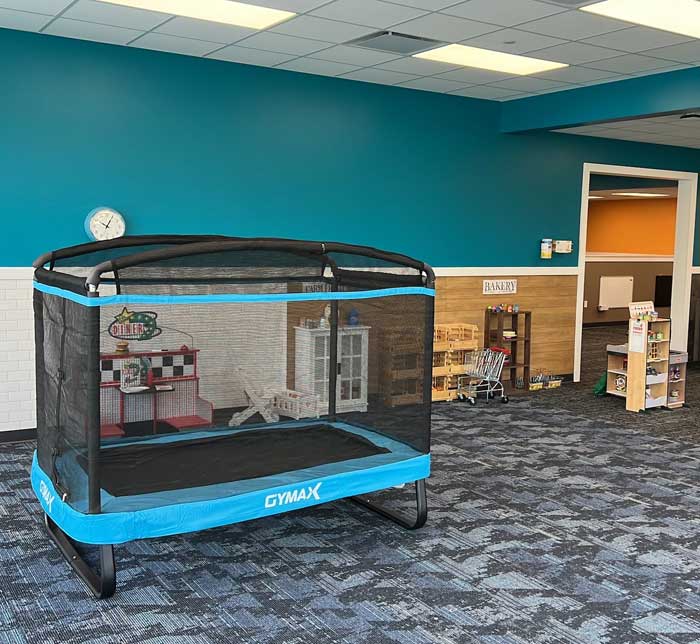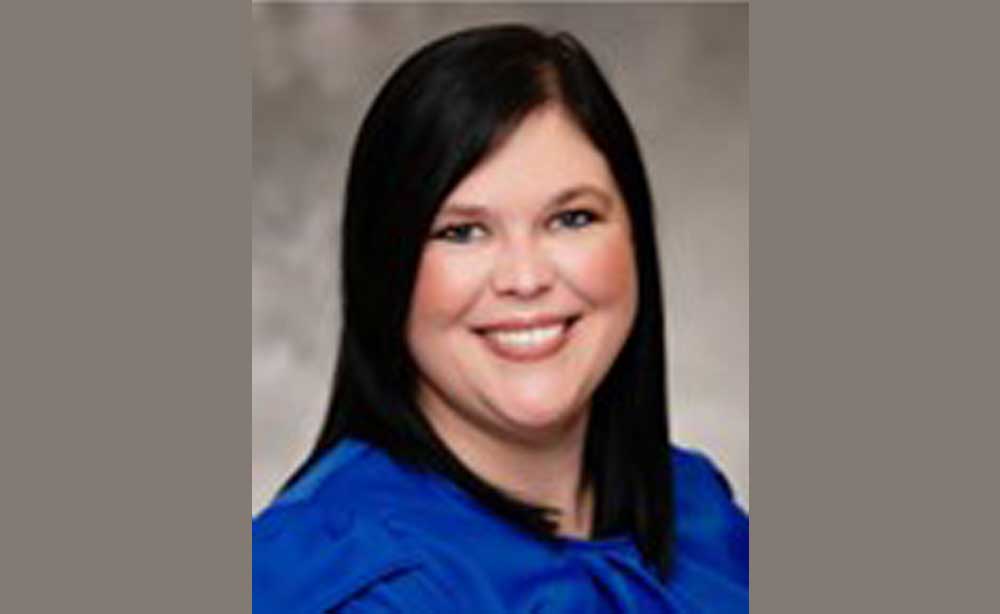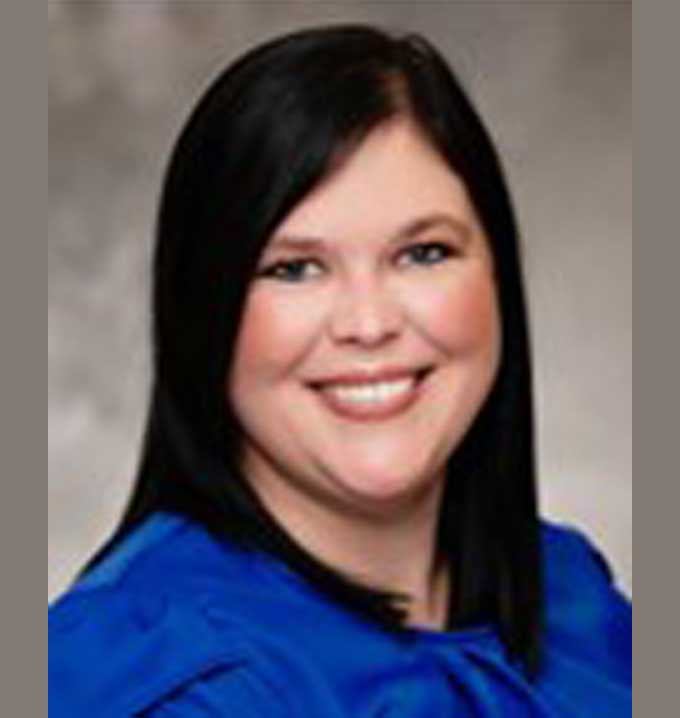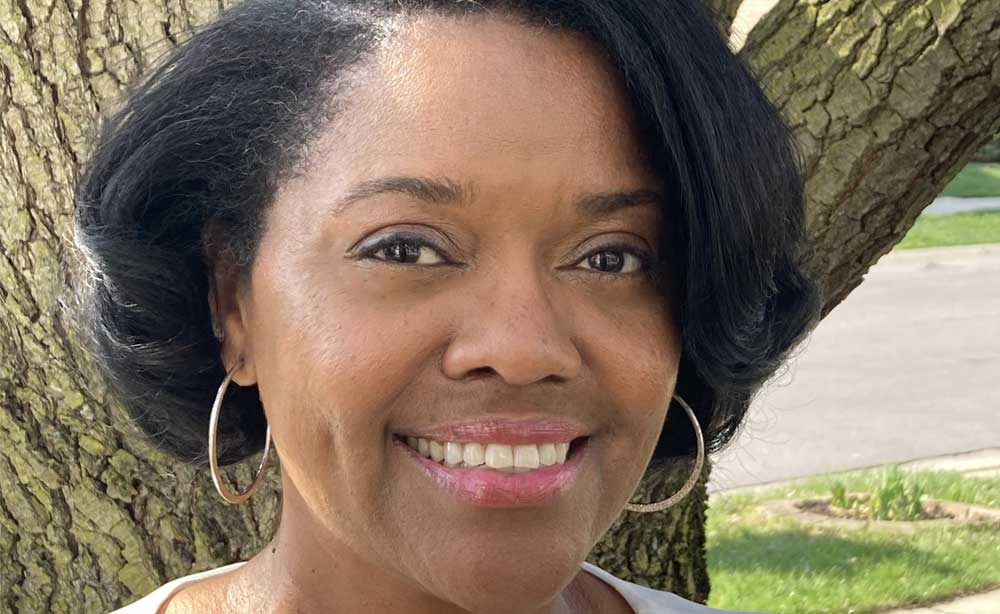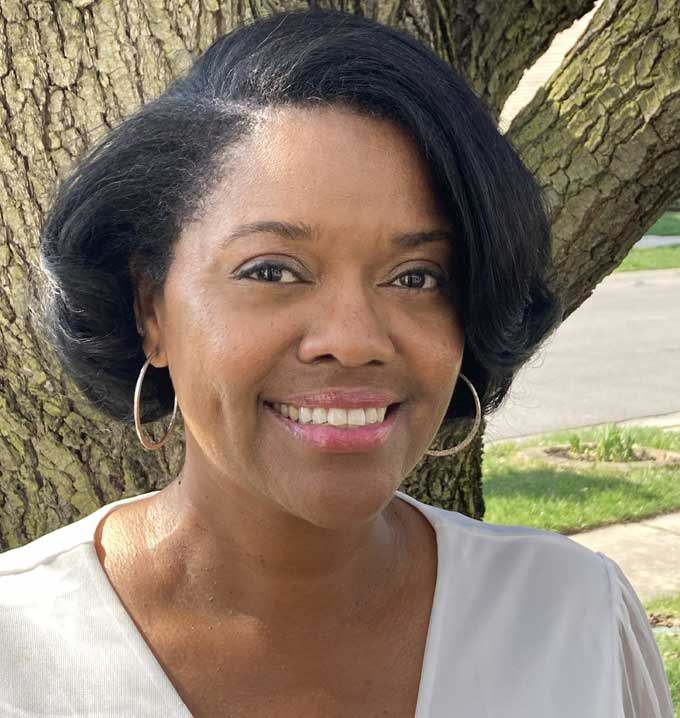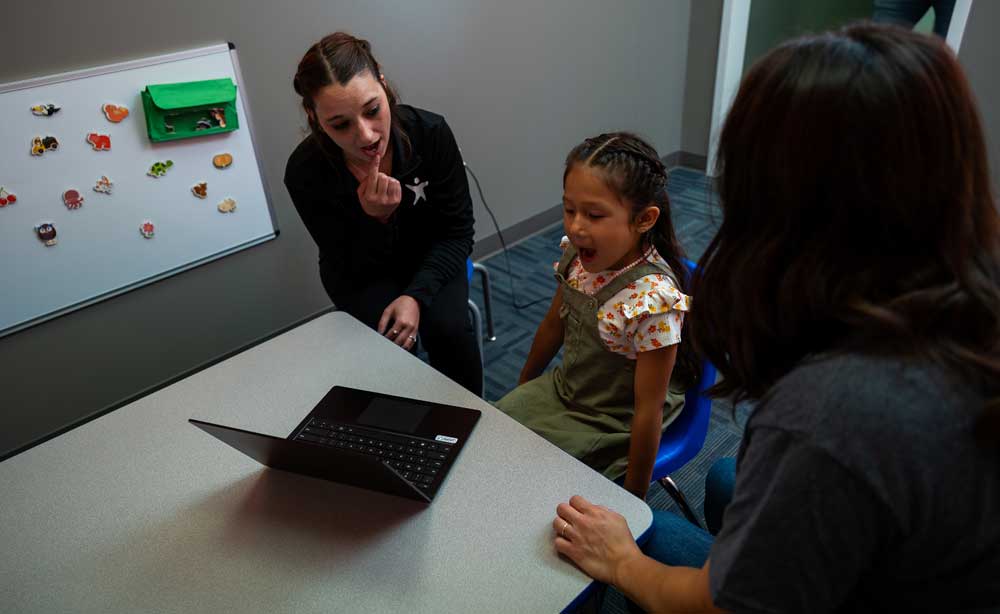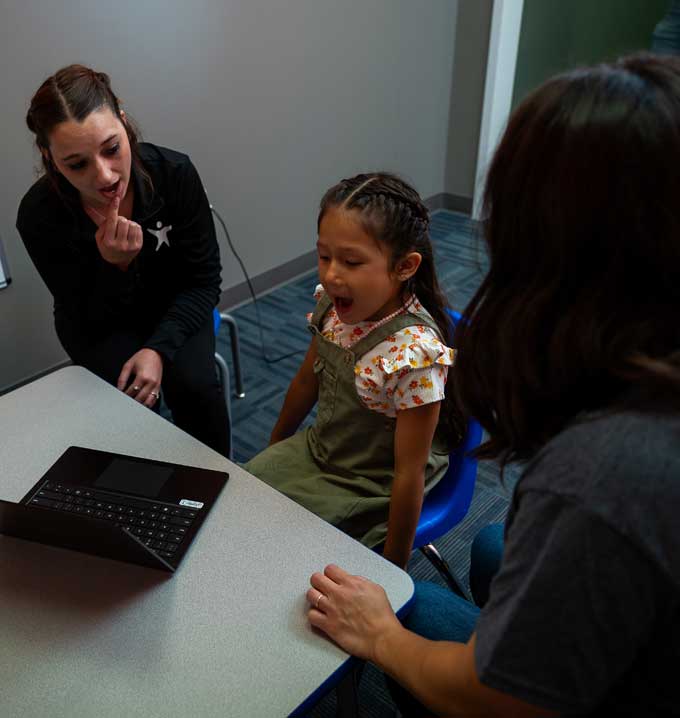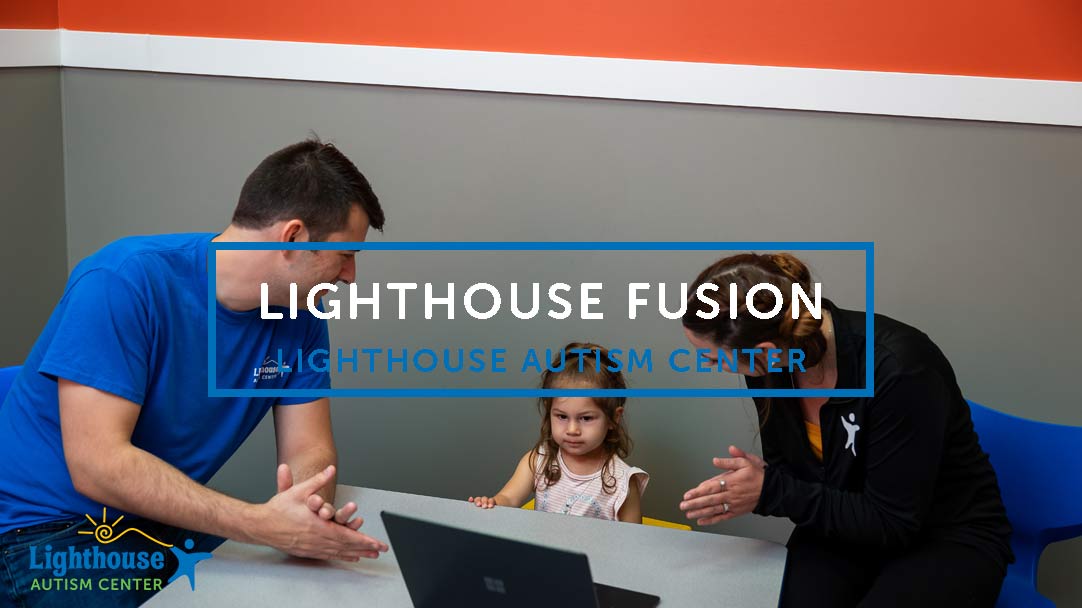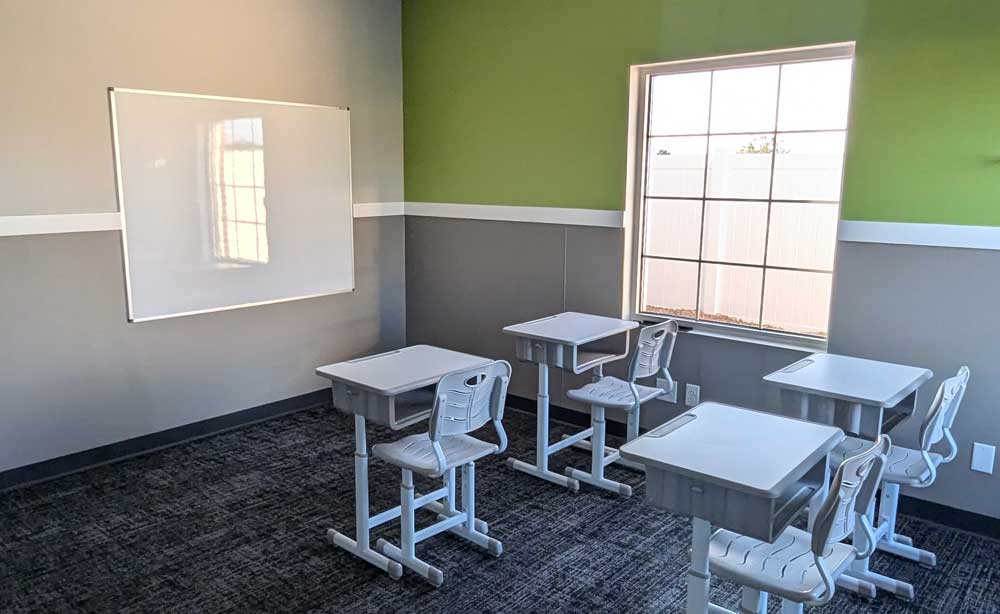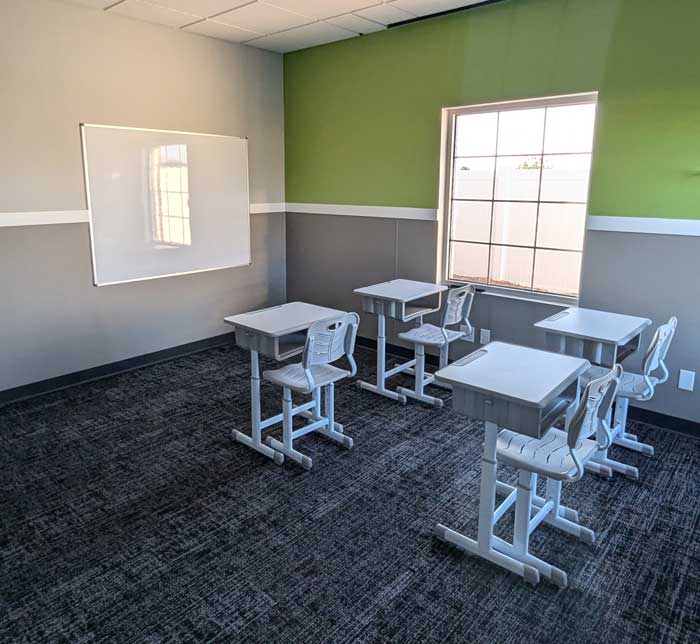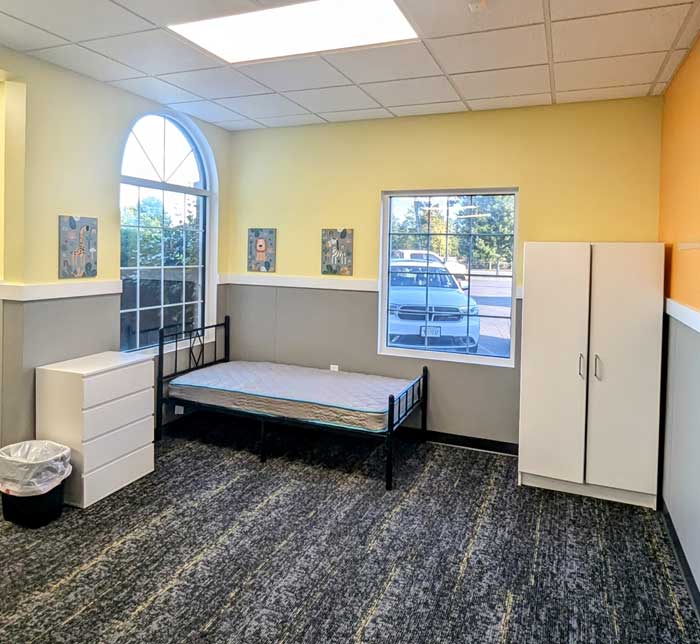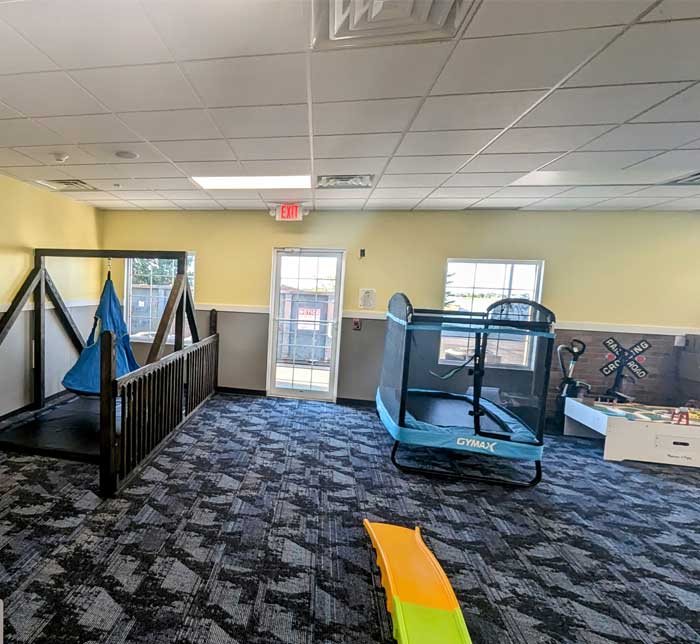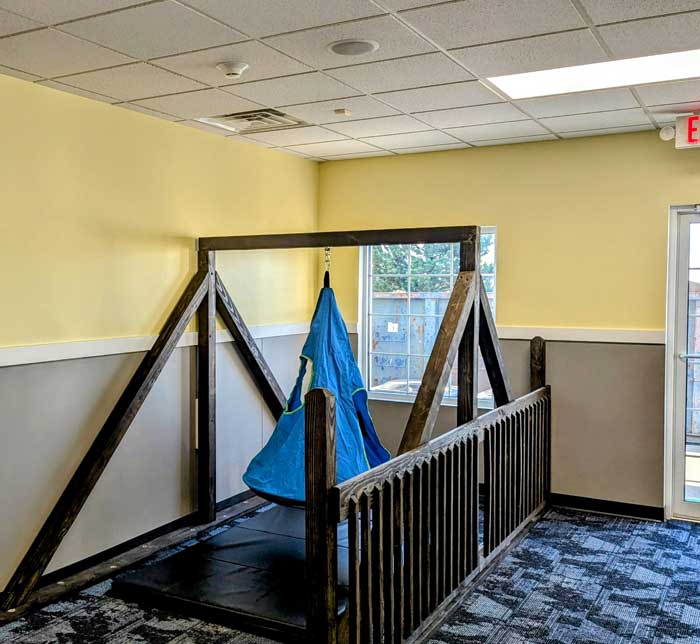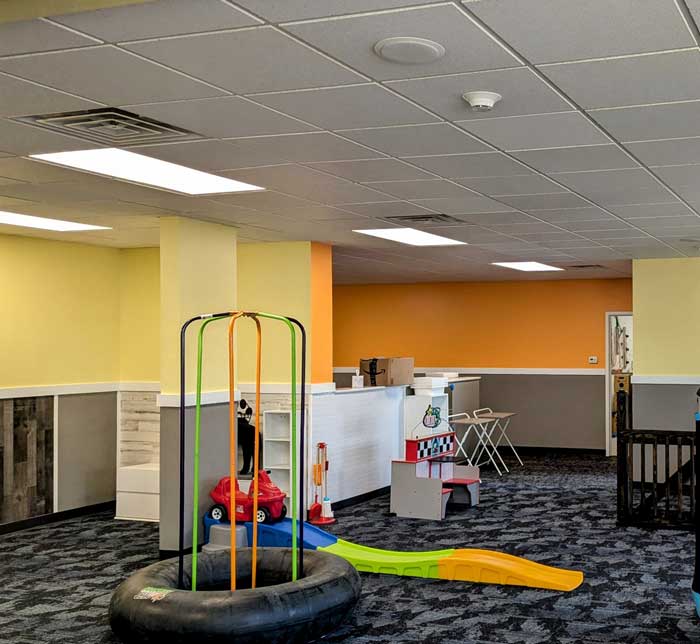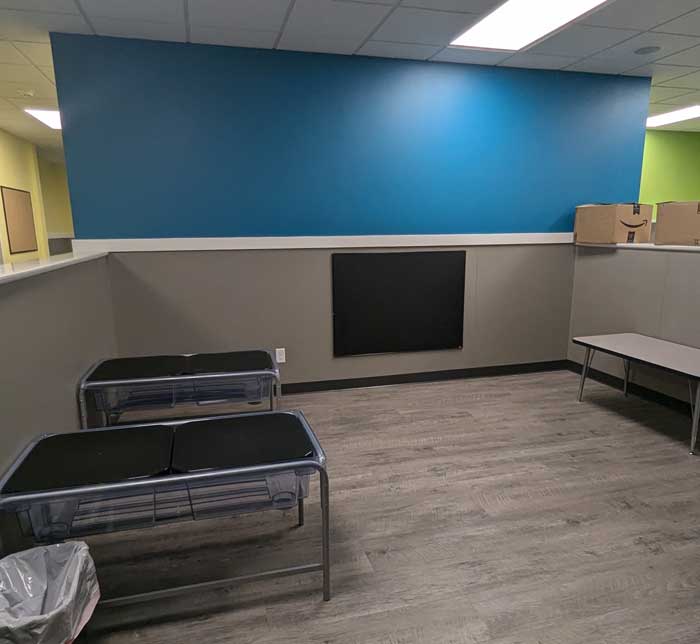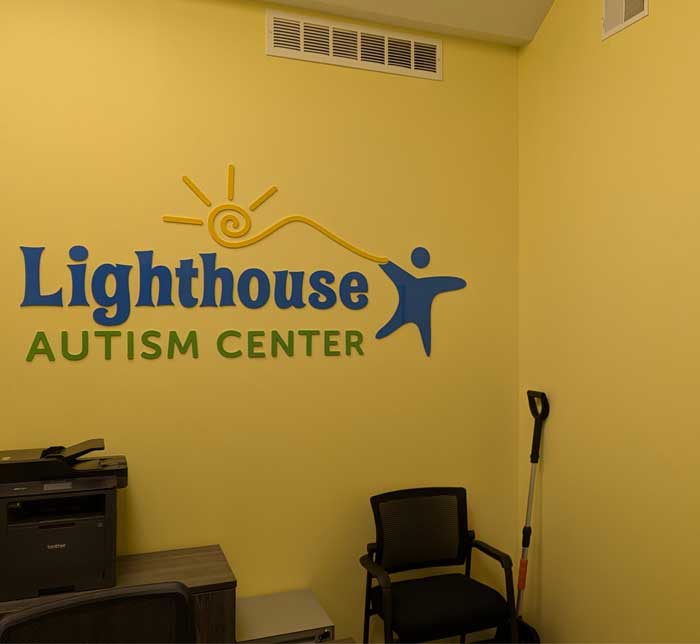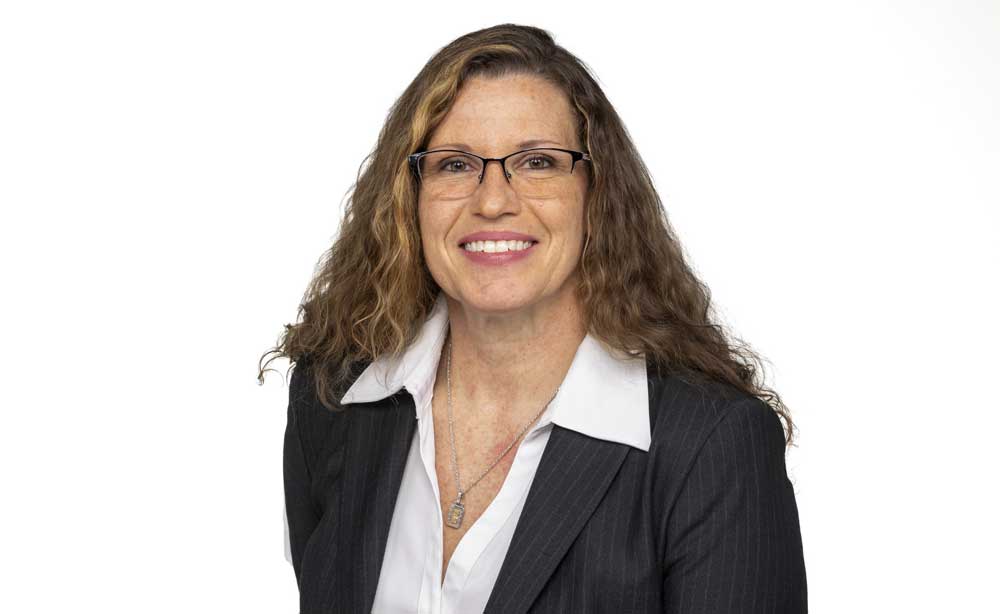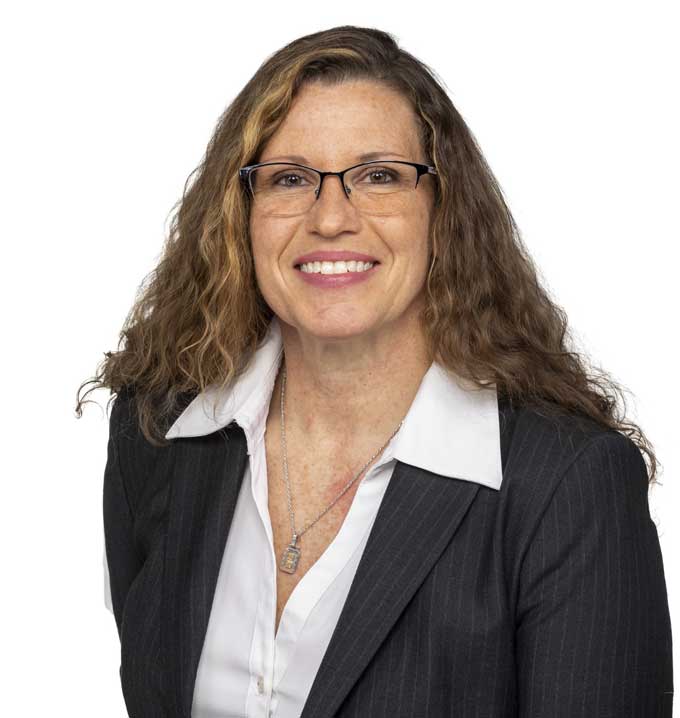We look at some of the activities in Indianapolis, Indiana that might be suitable for children, depending on their sensitivities.
Fun Activities for Children in Indianapolis, Indiana
Finding child-friendly activities can sometimes be a struggle, especially for a child on the autism spectrum. Below is a list of activities for children in Indianapolis, Indiana, that you and your child can enjoy.
Please use your discretion as to which activities you believe your autistic child can tolerate. Every child on the autism spectrum is truly different, and some of the activities below may be too overstimulating, while other activities may help if your child is sensory seeking. Work within the context of your child’s skills and interests when determining a fun and safe activity.
New activities, especially in public, can provide a variety of benefits. Although many challenges may come with going out and trying new activities, these situations can be great opportunities to work on skills and social interactions. These activities can provide opportunities for autistic children to practice social and communication skills, fine and gross motor skills, motivation, confidence, independence, learning new skills, as well as more general skills that can be applied to other settings, such as school. While working on new skills is important, doing activities that bring enjoyment is also important.
Kid-Friendly Things to Do in Indianapolis
The second Sunday of every month from 10 am-12 pm is a sensory-friendly time at Conner Prairie, specifically for families and individuals with sensory differences. Enjoy a calm environment at Conner Prairie and explore at your own pace. Anything that makes loud noises or has bright lights (e.g., the Dry Goods Store in CWJ) will be shut off unless specifically asked to be turned on. Access to the quiet space areas in the buildings and across the grounds will be highlighted for easy access.
The Children’s Museum of Indianapolis is the world’s largest children’s museum. It is located at 3000 North Meridian Street, Indianapolis, Indiana, in the United Northwest Area neighborhood. It’s the perfect place for practicing talking to friends and responding to social cues.
The Indianapolis Zoo is a 64-acre non-profit zoo, public aquarium, and botanical garden in Indianapolis, Indiana. Incorporated in 1944, the Indianapolis Zoological Society established the first zoo at George Washington Park in 1964.
An indoor playground in Indianapolis designed for children 10 and under. The arcade area is for all ages. Smiley offers an indoor playground, arcades, and a large selection of food and nonalcoholic beverages. It’s also the top birthday party venue in the state.
Greatimes is a five-acre complex in Indianapolis with several outdoor attractions and a 22,000 sq. ft. indoor facility that includes a multi-level arcade room, several party rooms, and an indoor playland. They have activities for your whole family or group and are the #1 place in Indianapolis for birthday parties. They offer a variety of party packages and themes that allow you to customize your party to your wants and needs.
Rhythm! Discovery Center is the world’s only interactive drum and percussion museum. Founded in 2009, it is a creative vision of the Percussive Arts Society, the largest member-based international percussion organization in the world. Rhythm! features unique, interactive exhibits highlighting a rich collection of historic artifacts and hands-on percussion instruments and serves as the definitive place where the history of percussion is preserved, celebrated, and shared.
Large limestone blocks in a series of concentric circles create an interesting and green space in White River State Park that’s perfect for a picnic or a unique location for a photoshoot. White River State Park, located in downtown Indianapolis, boasts world-class attractions and destinations that offer distinctive experiences for every visitor. Green spaces, trails, trees, and waterways co-mingle alongside cultural, educational, and recreational attractions across 250 beautiful acres.
Zip City Indianapolis has a ton of attractions for a day filled with family fun. From their indoor zip line park to their indoor trampoline park with trampoline dodgeball, it’s a place where you can be active and social while challenging yourself and others. You’ll find a ropes course, climbing walls, and laser tag in their over 70,000-square-foot facility, offering a mix of fun and challenging attractions guaranteed to get you moving all year round. These are fun, active games for autistic children who can manage a higher sensory load.
If your child is interested in cars, the Indianapolis Motor Speedway Museum will be a hit. It was built in 1956 on the grounds of the Indianapolis Motor Speedway in Speedway, Indiana, to celebrate and preserve the automotive history of the Motor Speedway and the Indianapolis 500. Over 300 vehicles and over 55,000 related artifacts are on display, making the museum one of the best collections in the world.
K1 Speed is a chain of indoor racing centers with electric go-karting for all skill levels. This Indianapolis track features one of the longest straights that opens to superb overtaking opportunities, with plenty of twists and turns to challenge the most seasoned go-karting driver. Their two meeting rooms provide a perfect environment for parties, while the arcade games and air hockey table keep you entertained between racing sessions. The Paddock Lounge restaurant serves delicious food and beverages for all ages to keep you fueled.
The Indiana State Museum is located in downtown Indianapolis, Indiana. It houses exhibits on the science, art, culture, and history of Indiana from prehistoric times to the present day. Mastodons and a Foucault pendulum are on display, and the frequent rotation of artifacts and ever-changing special exhibits means returning guests will have new experiences at each visit.
Adrenaline is a 50,000 sq. ft. indoor adventure park in the Fisher area with a wide selection of activities suitable for the whole family. Toddlers will enjoy the soft play area; the arcade offers over 40 of the latest games, and the trampolines and basketball courts will get the blood pumping. There are zip lines, rope courses, climbing walls, and ninja warriors courses to conquer. You’ll leave tired but happy.
Sky Zone Indianapolis is Indiana’s most extreme trampoline park. Explore the wall tramp, high-end air track, ninja course, stunt fall, trapeze, and aerial skills equipment. You can buy day passes, but if you’d like to return regularly, a monthly membership allows you daily access for almost the same price as a day pass. With so much to do and so much fun to be had by all family members, Sky Zone is the perfect outing.
One of Indianapolis’ oldest parks, Holliday Park, is located just six miles north of downtown and encompasses 94 acres of beautiful green space. Visitors can explore the nature center, play on one of the city’s best playgrounds, hike more than 3.5 miles of picturesque trails, or stroll around the one-of-a-kind Holliday Park Ruins.
Holliday Park provides a getaway for nature lovers without having to leave the city. The wooded ravines contain natural springs and wetlands, a pond, a long stretch of the White River, a beech-maple forest, and over 400 species of trees, shrubs, and wildflowers. Bird watchers have spotted more than 200 species while hiking the trails that wind through the forest. In addition, deer, foxes, beaver, rabbits, squirrels, and many other native animals reside in or pass through the park grounds.
Over 8,500 sq. ft. of climbing space, plus kids’ programs, private lessons, a pro shop, and more. Since 1997, Climb Time Indy has been dedicated to providing the best that rock climbing has to offer. It is a safe environment where climbers of all ability levels and ages can get better, learn more, and above all else, have fun climbing. Climb Time offers a wide range of difficulty levels, from very easy to moderate to extremely difficult, brought to you by some of the best route setters this side of the Mississippi. Routes are changed weekly to ensure there is always a new challenge. Whether you are looking for powerful bouldering, sustained routes, or just a day out with the family, Climb Time Indy has what you are looking for.
As an extension of Traders Point Christian Church, The Park is designed to serve parents and caregivers while their kids play on indoor playground equipment. There is even a designated area for young kids to play and a sensory room to enjoy. The Park is an inclusive, safe, and engaging environment for all. It is structured for open play, so parents can enjoy the tables to get a little work done, read, or converse with others while the kids enjoy some play time. As an affiliate of Traders Point, The Park is available free of charge. When planning your visit, please bring your government-issued ID and socks for the kids.
Kid’s Planet is a quality family recreation center with a multi-level playground filled with jungle gyms, ball pits, arcade games, trampolines, slides, and tunnels. There is also a dedicated area for toddlers where they can play safely. If the older kids want to venture past the first floor, parents and caregivers can watch from designated adult zones—they are not allowed in the play area. Staff members readily assist children who lose their way or need a boost.
The playground at Westermeier Commons has a futuristic design and offers children more than 25,000 sq. ft. of inclusive play space. Children using wheelchairs have access to lower-level amenities as well as upper-level features with the use of ramps. The playground also offers three cave-like areas to provide respite for children who need quieter spaces during play. Adjacent to the playground is a splash pad (open Memorial Day-September 30), which was designed to match the nature that surrounds it.
This amusement area offers heated pools with slides, simulated surfing, play areas, cabanas, and snacks. Surf the waves on the FlowRider®️, scale the wall of the AquaClimb®️, grab a treat from the snack bar, and enjoy your own private cabana in style. With features for every age and ability—from a kiddie pool to the lazy river to adventure slides—everything you need for a 5-star family-friendly day is right here!
Park-based natural science center offers seasonal exhibits on habitat preservation and local wildlife. Cool Creek Park is one of Hamilton County’s most popular parks, with various features and activities. All family members are sure to enjoy this beautiful 90-acre park year-round. The park includes 4 miles of wooded trails, perfect for hiking, jogging, and bird watching. The scenic paved roads winding through the park are ideal for those who cycle and rollerblade. Looking for even more activities? Check out the playgrounds, soccer fields, and basketball court. For something slower-paced, spend time on the nature trails, wetlands, prairies, and benches along the trails.
Give wall climbing walls and bouldering a go at Hoosier Heights. And if any family member prefers not to climb, yoga classes, cardio equipment, and a weight room are also available.
Together, we can unlock your child’s potential






